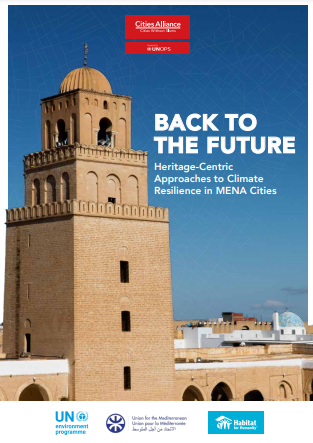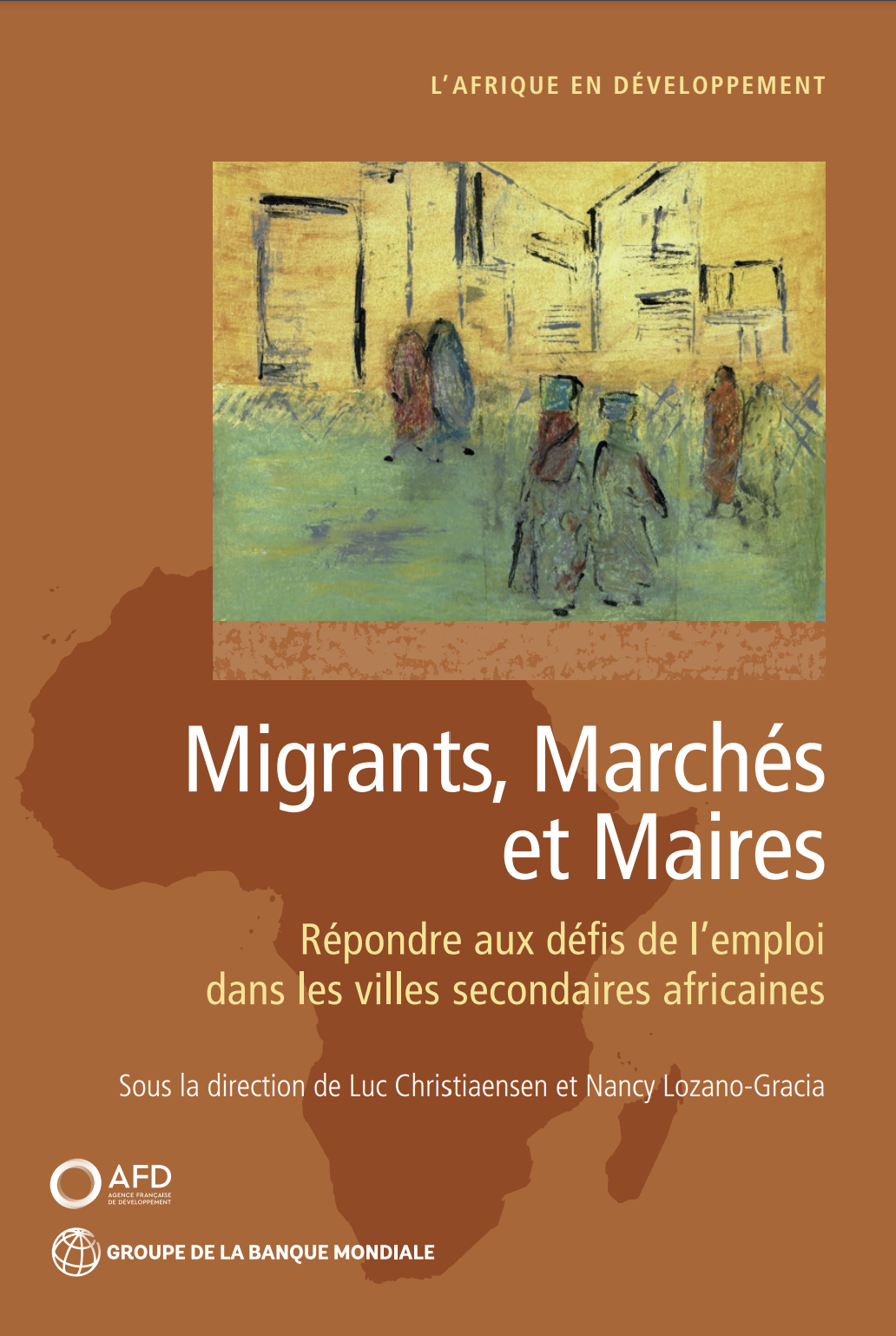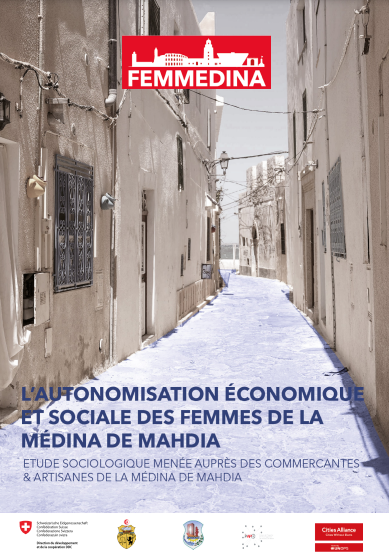- Who We Are
- How We Work
- Regional / Country Initiatives
- Legacy
- Core Themes
- Working Groups
- Portfolio & Results
- Newsroom
- Resources
Back to the Future: Heritage-based solutions for Climate Resilience in MENA Cities

How can heritage-based solutions in the MENA region help shape more climate-resilient and inclusive cities?
In the most water-scarce region of the globe, the MENA countries are particularly vulnerable to climate change impacts. This vulnerability exacerbates desertification, land degradation, and food insecurity, leads to climate-induced displacement, puts the provision of urban services under pressure, underlining the urgent need for swift, cost-effective and sustainable action.

The MENA region boasts a rich history of architecture and urban planning techniques honed over centuries to adapt to the local climate. In cities like Tunis and Cairo, the compact layouts of historic medinas and souks foster social cohesion while minimising heat islands, optimising shade, and enhancing air circulation. In the villages of Menjez in Lebanon and the M’zab Valley in Algeria, traditional buildings are maintained over generations to preserve water management systems essential for irrigation and flood prevention.
Climate change in the MENA region presents not only environmental threats but also significant social challenges. Most current climate-resilient solutions are technology or capital-intensive, often excluding the urban poor. There is a pressing need for easily adaptable, affordable, and accessible climate-resilient solutions for cities and urban settlements. Utilising locally sourced materials and inherited savoir-faire, traditional building techniques are both affordable and accessible.
In Tafilelt, Algeria, a new neighbourhood for the lower middle class was built using traditional, energy-saving construction materials, including locally sourced adobe and stones. In the unplanned settlement of Borg Rasheed, in Egypt, the local population enhanced traditional courtyards and house voids with palm trees and canopies, preventing temperature surges and providing thermal comfort.
Embracing heritage-based solutions also fosters cultural identity and continuity, empowering local communities to take ownership of climate adaptation initiatives, all while creating socio-economic opportunities through the preservation of traditional crafts and knowledge systems. As such, integrating time-tested heritage-based principles into modern urban development is essential. This approach will help shape climate-resilient, vibrant, and culturally rich cities, ensuring a sustainable future for the MENA region.
In collaboration with UNEP, Union for the Mediterranean, Habitat for Humanity, experts and urban practitioners from the region, Cities Alliance publishes this policy brief on heritage-centric approaches to climate resilience in MENA Cities, identifying key challenges and examples of heritage-based solutions in the region.


